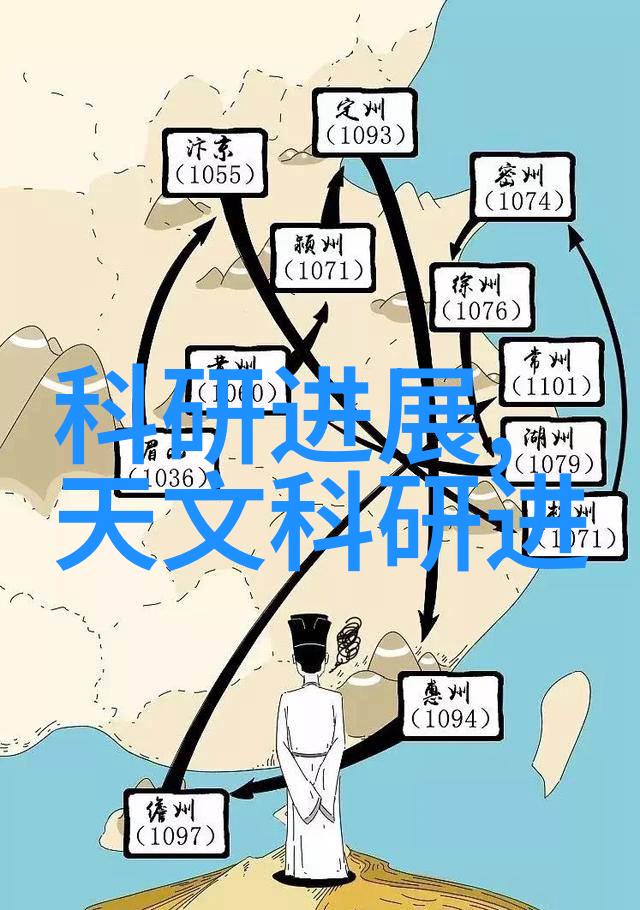智能制造解析:从自动化到人工智能的转型

智能制造的概念与发展历程

谈谈你对智能制造的理解
在信息技术和物流管理方面取得显著进步后,传统的生产线逐渐被新的智能设备所取代。这些设备通过集成机器学习、人工智能等先进技术,使得生产过程更加高效和精准。
智能制造的主要特点与优势
谈谈你对智能制造的理解

首先,智能制造实现了生产过程中的自动化程度提升。随着机器人技术和感知系统不断完善,产品质量得到保障,同时减少了劳动力成本。此外,由于数据分析能力强,企业能够及时调整生产策略以应对市场变化,从而提高了竞争力。

智能制造中的人工智能应用

谈谈你对智能制造的理解
人工智慧(AI)是现代工业革命的一个关键驱动力。在供应链管理中,AI可以帮助优化库存水平并预测需求,从而降低成本并改善客户满意度。而在产品设计阶段,它可以通过仿真模拟来测试不同方案,以确保最终产品符合安全标准且具有最佳性能。
信息技术在智能制造中的作用
谈谈你对智能manufacturing of the understanding of AI manufacturing, IoT and big data analytics play a crucial role in smart manufacturing.
安全性与隐私保护问题及其解决方案
Talk about your understanding of smart manufacturing security and privacy protection issues and solutions.
未来的展望:如何促进全球可持续发展?
Talk about your understanding of the future outlook for promoting global sustainable development through smart manufacturing.
In conclusion, smart manufacturing is not just a technological innovation but also a strategic transformation that requires companies to rethink their business models, processes, and relationships with customers and suppliers alike.
Smart Manufacturing: From Automation to Artificial Intelligence Transformation



